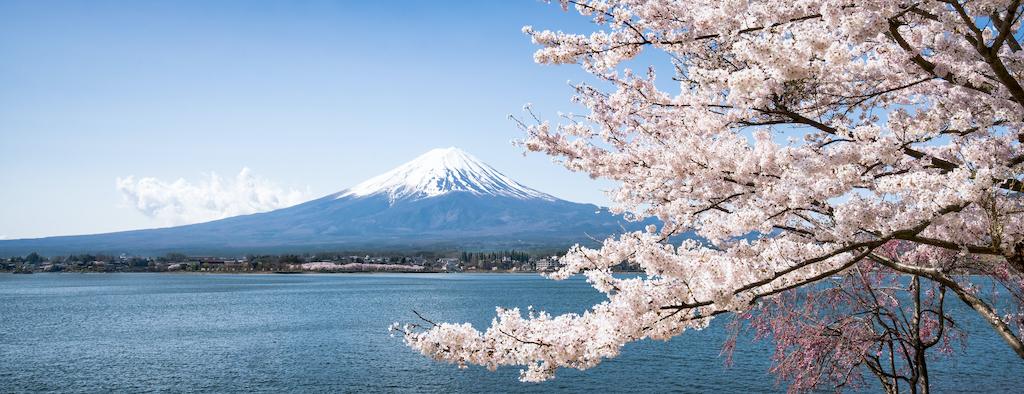
In the previous article, we discussed the various pressures pilots must overcome in performing their jobs.
Being Comfortable With Yourself
It is almost an automatic answer in many of us who have the “alpha” part of the “alpha dog” persona down to a science. We say that we march to our own drummer and don’t allow what the other guy says or thinks to influence our own actions. But for most of us—and I am including myself here—that is bravado at best and a lie at worst. We do care about what our peers think of us and the social pressure to appear successful is strong. We have a natural need to keep up with the Joneses.
I grew up in a small, mostly Japanese town in Hawaii where all of our neighbors appeared to be named “Jones-san.” When faced with evidence of our modest means, my Japanese mother would say, “Shoganai.” She didn’t speak much English and I often figured the meaning to some of her words by context. Shoganai, I thought, meant that we were powerless to do anything about the situation.
Years later, as an Air Force pilot, I was scheduled for a week off in Tokyo and asked her what I should do with my time. “Fujiyama,” she said. Yama means mountain in Japanese and Fujiyama is Mount Fuji. The 12,389-ft. mountain is the highest mountain in Japan and an iconic symbol of the country. She said something that seemed prophetic, but I’ve since heard the phrase many times. “You would be a fool not to climb Fujiyama, but you would be a bigger fool to climb it twice.”
So, the next week, I climbed Mount Fuji with a fellow pilot. While on top, a snowstorm stranded us for a day and we found refuge in a tent offered to us by a pair of locals. They didn’t speak English; my limited Japanese got us a space in their tent and a meal of fish and rice. The weather worsened and it was bitterly cold. I huddled close to their fire and savored the simple meal. “Shoganai,” one of the locals said. “So desu,” the other agreed. Literally: “there is nothing to be done about this” and “Yes, it is so.” The smile on the faces of my hosts didn’t agree with my translation.
The next morning, we managed to descend through the freshly fallen snow and once at the bottom I looked up at the magnificence that is Fujiyama. Only then did I understand the meaning of Shoganai. There was nothing to be done about the snowstorm, but the experience was invaluable. I told my mother about it, and she nodded, knowingly. “You must be comfortable inside,” she said, pinching the skin of my arm. Years later, I heard the expression said of me, “he is comfortable in his own skin.” Shoganai.
And that is the secret to resisting the social pressures threatening your flight compartment. You must be comfortable in your own skin. Only then can you face the other pressures, which we will cover in upcoming articles. You must be comfortable dealing with your family and your work. If you succeed at this, your flight compartment will become secure and that in turn will strengthen all the compartments of your life.





